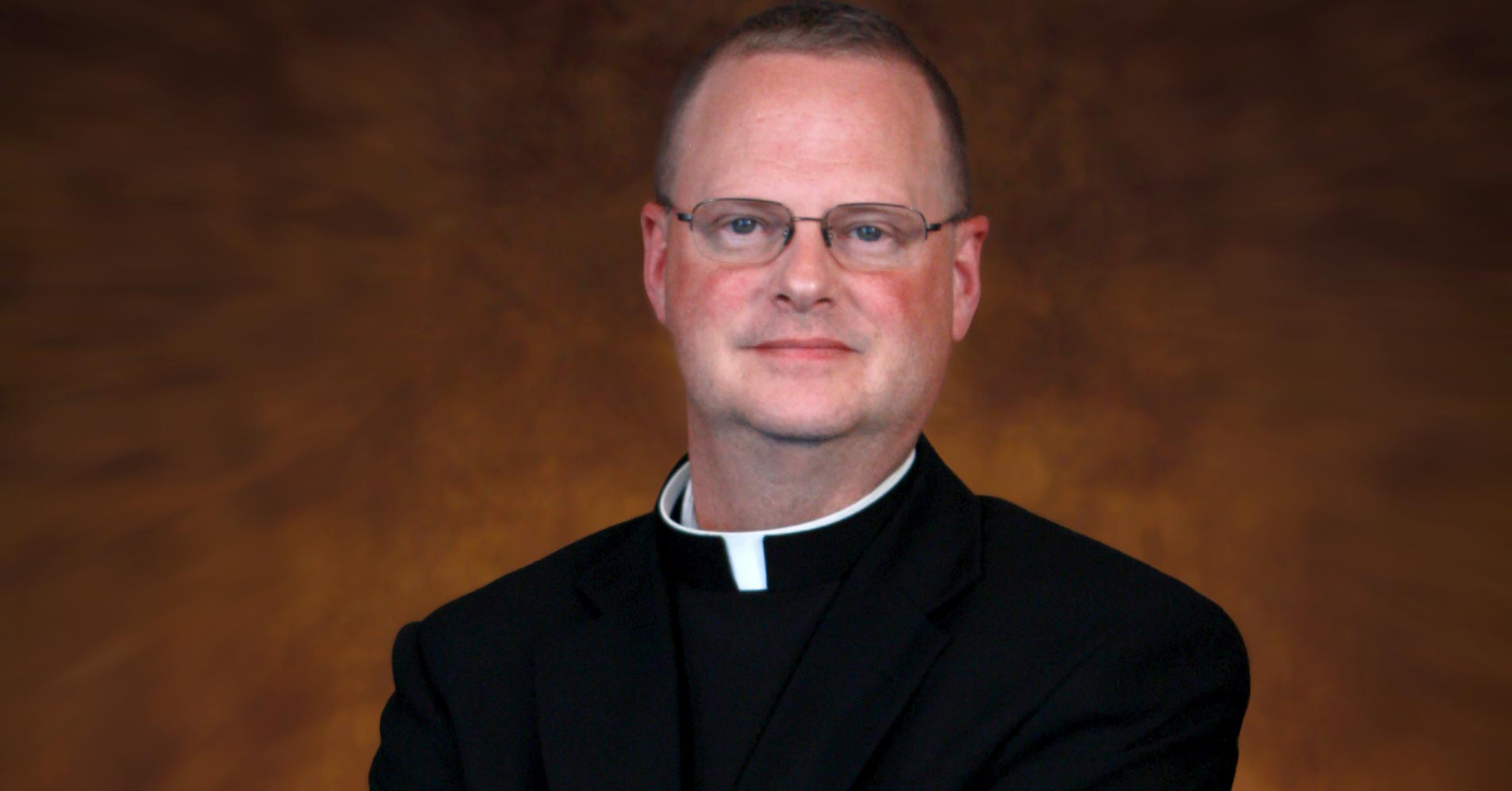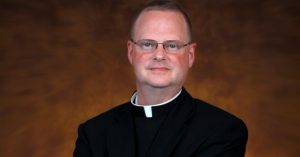
 We are used to having alerts and warnings in our lives because we want to be informed and warned of impending danger.
We are used to having alerts and warnings in our lives because we want to be informed and warned of impending danger.
Once I slept through a tornado, and soon after bought a weather radio for my bedroom that definitely wakes me up if there is a storm or tornado warning in my area. The weather radios and warning apps, the security systems we put in, the alarms and the devices we use all serve a purpose, to keep ourselves, our families and property safe from harm.
I suppose car alarms are meant to do the same. The intention is simple: someone tries to break into your car and the alarm goes off, which either alerts others to the crime, or drives the would-be thief away.
That is the way it is supposed to work.
In all the years I have heard car alarms going off, I have thought many things while I listen to the insistent honking or screeching, and depending on the time of night, some not nice things.
One thing I have never thought is, “Hey, someone’s car is being stolen.”
Because car alarms go off all the time, and for many, many reasons, they do not really do what they are intended to do. The other day while I was celebrating Mass, someone’s car alarm went off in the parking lot. We could hear it, but it was not overly distracting, and after some time, it just stopped.
To the best of my knowledge, no one in the church took out their phone and dialed 911 to report a car theft, or a car break-in. In fact, I would presume no one thought about it, thinking only about the slightly distracting honking.
We have just decided together that car alarms are not doing what they are meant to do.
Alarms are simply things, they warn, but it is up to us to decide what to do with the information. We decide whether to run to the car if the alarm goes off or not. I decide whether to get out of bed and shelter when the tornado warning goes off or not.
There is power in this, if we choose to use it. Exercising this power means being aware of our ability to choose how we will respond.
These last few months, the world has experienced a warning. A virus has reached around the globe, affecting every one of us and transforming how we live and interact with one another. It is a warning, to be sure, of the fragility of our health and lives. It is like all viruses, silent and invisible, and this warns us to be cautious for our sake and for the sake of those we love.
We make decisions based on this warning, and our love for one another. We prudently wear masks and keep a distance. We wash our hands more and try to avoid large gatherings. The warning is out there and we really do not know where the virus might be hiding, and so we make choices, not out of fear, but for love.
Because that is our choice as well, deciding not just “how” we will heed the warning, but also “why.”
The “why” can give us the ability to learn from this experience. This event is global, and it can teach us a simple truth, so simple we often forget it, we are truly members of one human family—a fragile family. We might again accept the humbling reality that we are all fellow travelers, living together on this insignificantly tiny speck of dust floating through the immense vastness of space.
From this reality, empathy is born, our ability to feel for and with one another, to share our joys and suffering, as family members do, as they must.
For a few months, we wisely spent some time separated from the physical celebration of the Eucharist, and even today, our celebrations are smaller and socially distant. This is a struggle for many of us, but also an opportunity to pause and reflect on the significance of this gift in our lives.
We can use this experience to move beyond seeing the Eucharist as an obligation, or something we just do as a part of our week, and allow it to become, again, the beating heart of our love, our lives and our joy. The desire we feel to be united again in this celebration is a gift that transforms us and our understanding of the wonder of this gift, if we receive it.
We have heard the warning, and it is real, and because of it, we may never go back to “normal,” and perhaps we should not; we have the opportunity to respond in such a way that we are transformed by grace.
The choice is, as always, ours.
